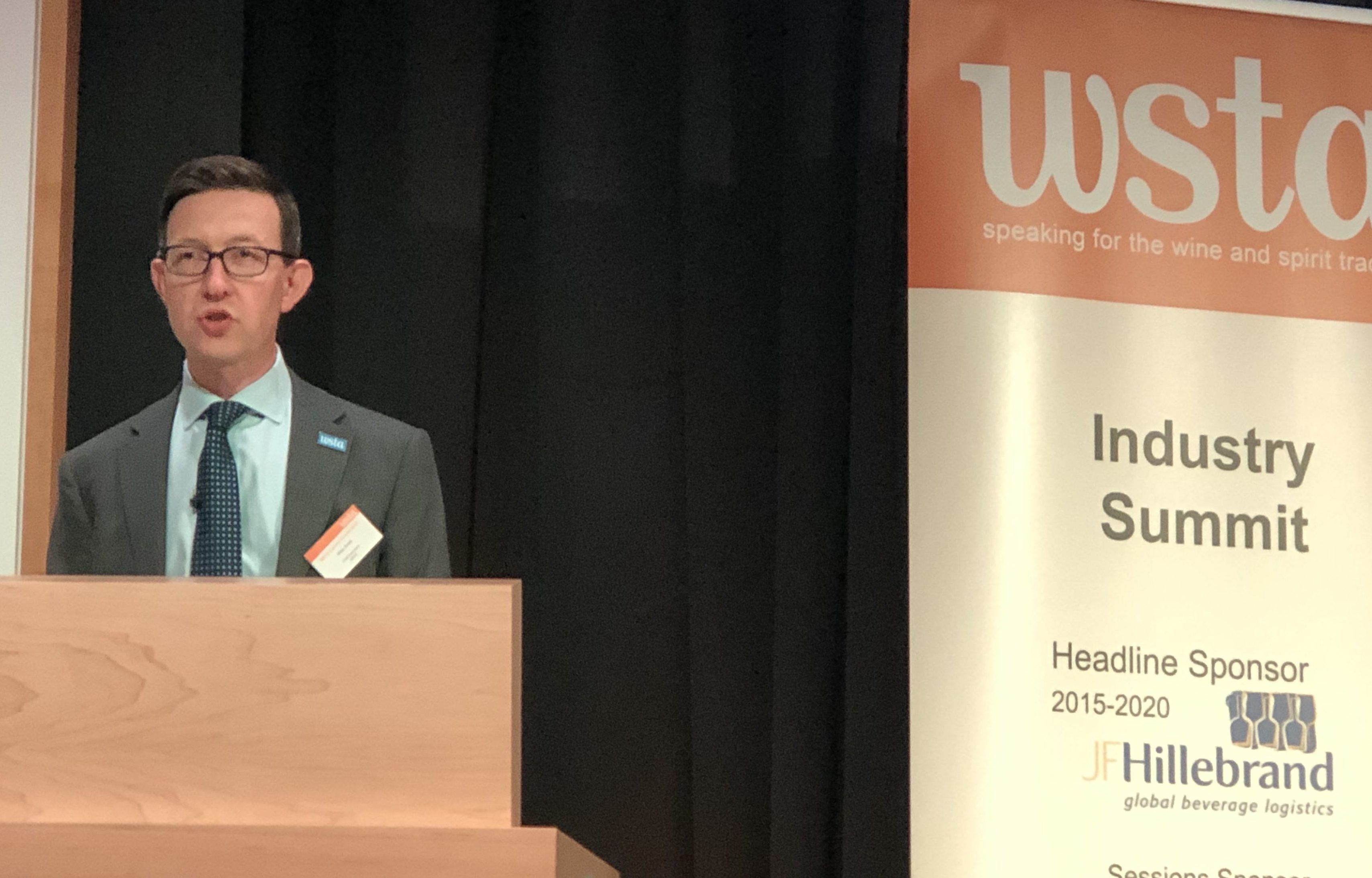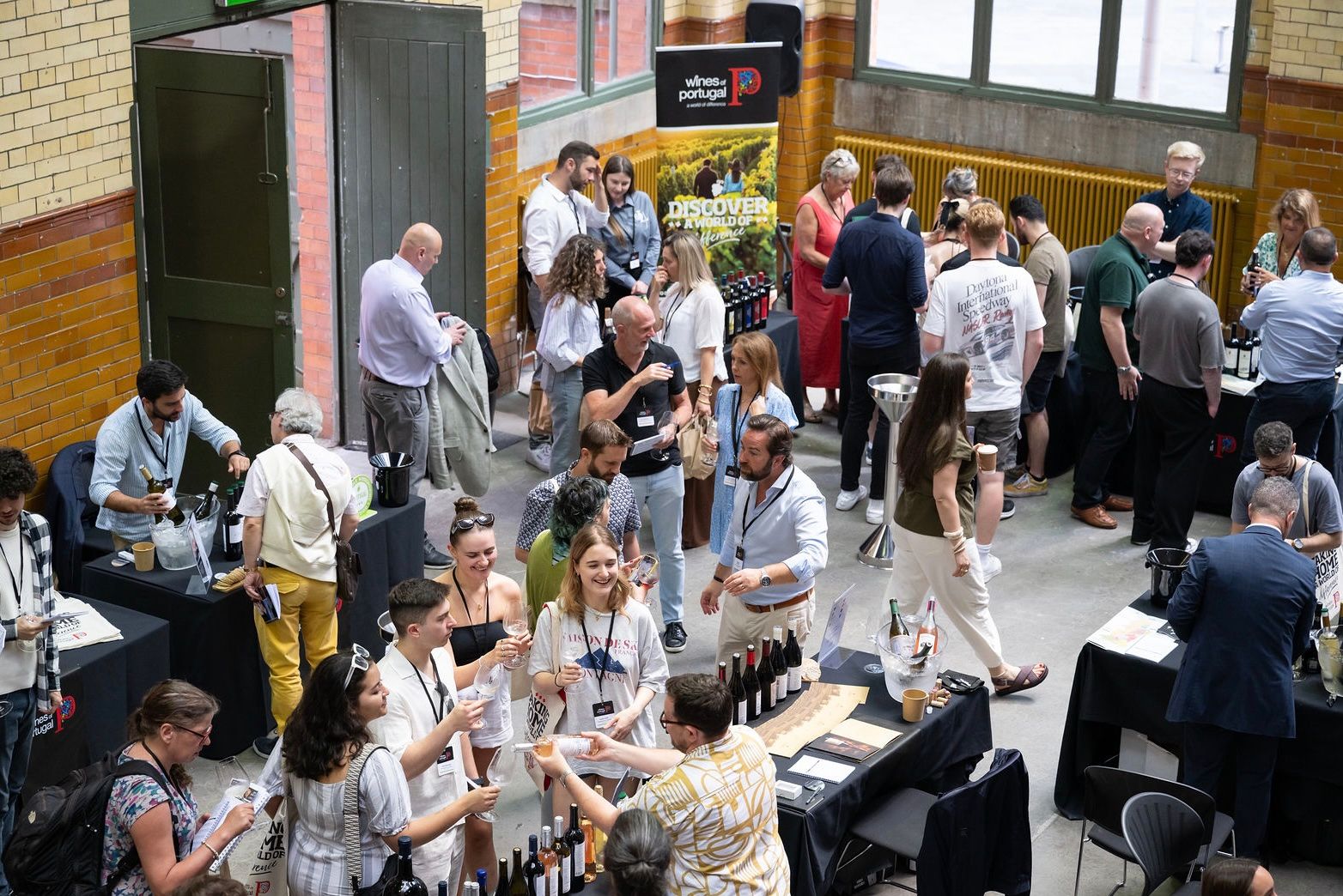The frustrations of the wine and spirits industry to get a fair and reasoned hearing from the government was here to be seen in a rancorous speech by the Wine & Spirit Trade Association’s Miles Beale at its industry summit last week.
We live in “unprecedented” times. That was the view drummed home by Miles Beale, chief executive of the Wine & Spirit Trade Association at is industry summit last week in London.
By “unprecedented” he meant the political climate under which we are all having to work and run our businesses. “Disruption, drift and division seem to be becoming the new norm,” said Beale as we step ever closer to a potentially highly damaging no deal Brexit.
When he spoke last week it was at a time when a “divided parliament” had been suspended from even discussing any day to day political business thanks to the decision by the Prime Minister, Boris Johnson, to prorogue parliament. A move now dismissed as “void” and “unlawful” by the Supreme Court. These “unprecedented” times have been ratcheted up a notch or two.
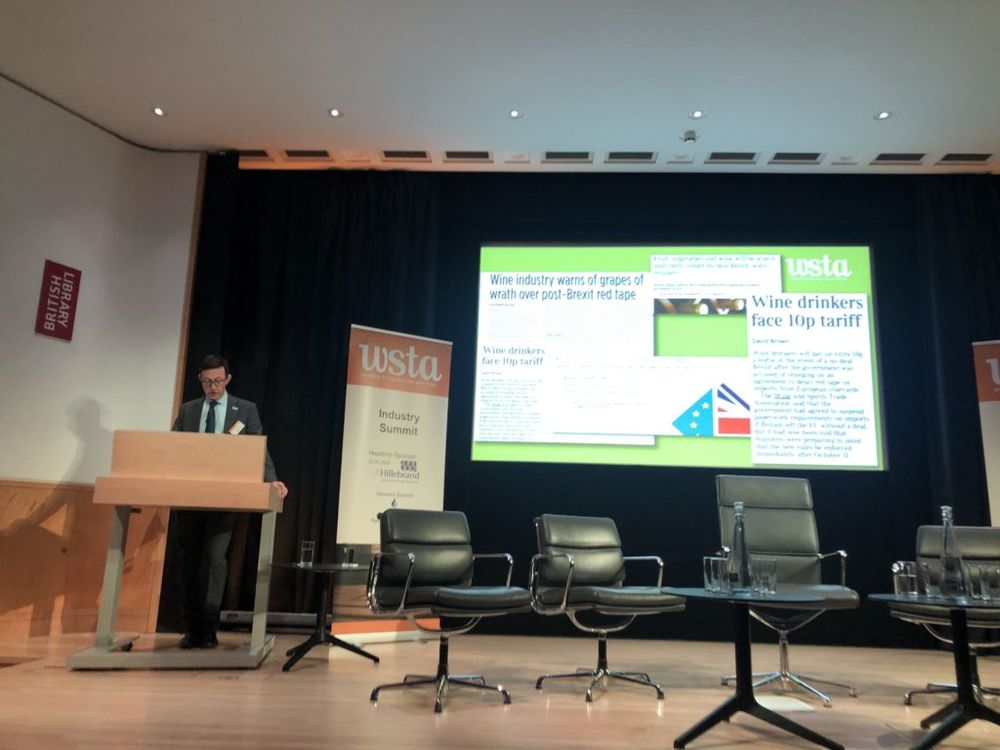
The WSTA’s Miles Beale was in blistering form at last week’s summit as he attacked the government time and again
Now we have heard our fair share of hard hitting talk about the government, particularly its duty tax strategy, from Beale during his tenure as chief executive at the WSTA. But rarely, if ever, quite as damning and forceful as he was last week. Beale, after all, is a former senior civil servant himself with experience of working directly with secretaries of state.
His particular talent lies in knowing how the machinations of government work, making sure the WSTA treads carefully around the various government departments with direct responsibility for the UK drinks industry. Looking to keep one step ahead of where future legislation might fall.
But it seems these “unprecedented” times call for a different approach by our industry leaders, from the WSTA down. Including Beale.
Fiery speech
This was a gloves off, how dare you, close to a “you don’t know what you are doing” speech by the WSTA’s chief executive. Where he “forcibly” expressed the WSTA’s “ire” at the government’s policy making.
Here are some of his fiery quotes from last week’s speech. “In Downing Street, a lack of political leadership has been replaced by…heavy handed political manoeuvring.”
Labour’s leader Jeremy Corbyn also came under attack from Beale as he repeated the SNP’sNicola Sturgeon’s accusation that his ‘wait and see’ position on Brexit was a “shameful abdication of leadership”.
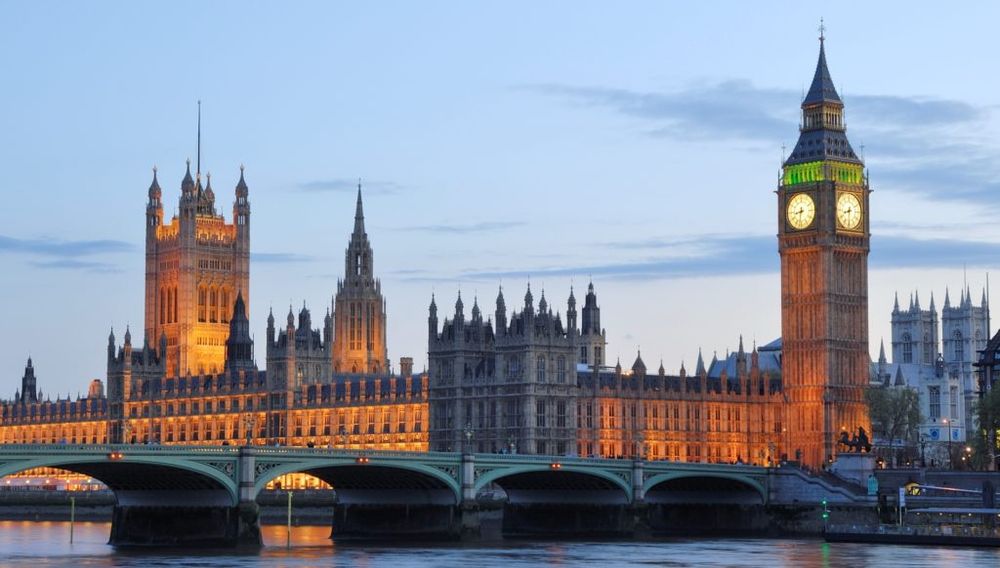
Beale said the drinks industry was having to pay the consequences of a “divided” parliament
Even when the WSTA thought they had received agreement with government officials on how business could be done in a no deal Brexit situation, they have seen those agreements reneged upon.
As Beale explained: “The Summit falls a week after the WSTA went public on government’s decision not to suspend damaging, burdensome and unnecessary VI1 import certificates. It comes at a time when industry is still no clearer to whether the UK will join the World Wine Trade Group or if it will see improved FTA’s with wine producing nations based on mutual recognition. And coincides with controversial plans to introduce a Deposit Return Scheme for drinks containers that threatens to impose a huge burden on producers, retailers and ultimately consumers.”
A few Beale jabs, followed up with this under cut: “All of which leaves the trade with one conclusion – that government doesn’t understand the value of the UK wine industry nor the value of imports in general to the UK economy. Imports are worth roughly the same as exports to UK GDP.”
Which is where his “ire” line comes in: “And that’s why the WSTA’s ire was expressed forcibly and in the company of many of the UK’s multiple retailers.”
Before piling in with a few more body blows: “We had been led to believe government had heard and understood our concerns, but recent announcements suggest otherwise.”
Knock-out blow
His final knock-out blow came in regard to the preparations for a no deal Brexit coming at a time when the consumer goods and retail industries are trying to prepare for Christmas.
“Timing could not be worse, warehouse space already under pressure in run-up to Christmas and government seems hell bent on failing to act on the concerns of industry. So much for taking back control,” he said.
For someone who admitted later in the day he had worked on the intricacies of the Common Agricultural Policy, the government’s approach to tackling many of the issues that have a direct impact on the drinks industry, are exasperating to him.
“There is a stunningly simple solution. Don’t introduce burdensome and pointless import certificates; and instead use the time to develop modern import rules that are fit for purpose benefitting producers, importers and consumers. This could be a net benefit for UK importers. We want government to do things right – not right now!” explained Beale.
That’s very much the strategy and line that Beale has always wanted to take for the wine and spirits industry. Clear, well thought through strategies that can be easily implemented.

Miles Beale questioned whether the government could be trusted to keep to the assurances it has made on key drinks industry issues
Such are his concerns about what the government is doing he clearly feels obligated to make public, fears he would, no doubt, usually keep private.
“Will the government u-turn on the decision we incited not to impose tariffs on EU wine? And will it understand and act on the WSTA’s advice to join the World Wine Trade Group, improve on existing FTA arrangements with wine producing nations and move to an approach based on mutual recognition?” he asked.
“Because the bottom line is that, in any post-Brexit scenario, government will need to find a way to make the UK market more attractive for wine and spirit trading – whatever the deal… and especially if there’s no deal. Because if it doesn’t, it’s your bottom line that will suffer. And we recognise this – which is why we are doing everything we can to protect you.”
He was equally damning of government “plans to introduce a Deposit and Return Scheme for drinks containers first in Scotland and then England and Wales”. Plans, he said, that would “threaten to impose a huge burden on producers, retailers and ultimately consumers”.
Beale explained: “This would see a refundable charge of 20p levied on every bottle and the costs of introducing the DRS machines falling initially to retailers. To what end? There is absolutely no evidence to suggest that glass containers should be included in any deposit and return scheme. The UK currently recycles some 70% of all glass packaging and in doing so exceeds the EU target of 60%. It does not make sense – and others agree.”
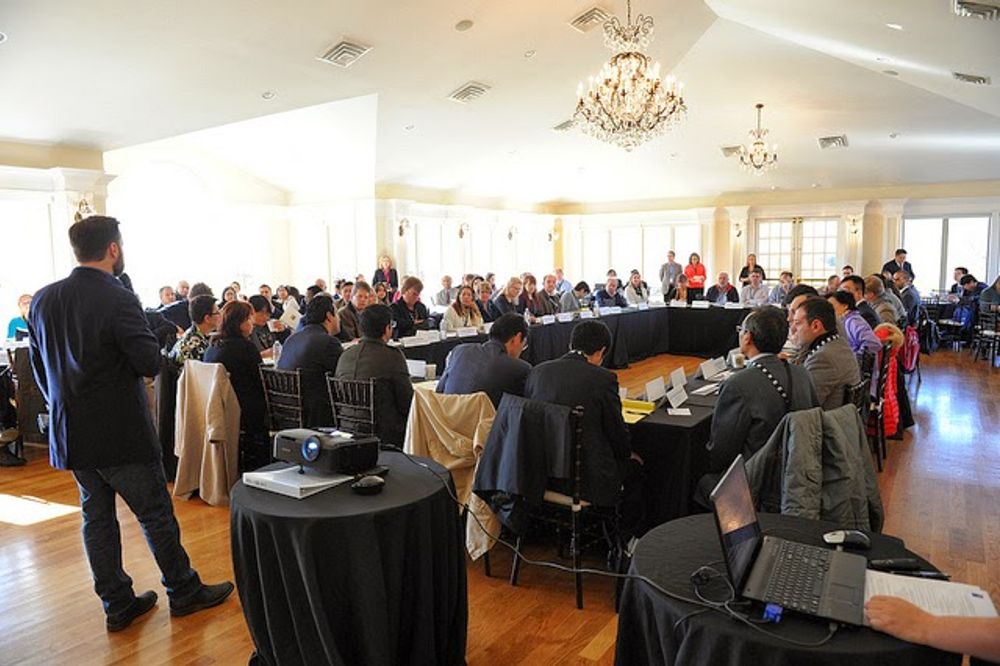
Beale is hopeful the government will join the World Wine Trade Group
“Rule by dogma”
A strategy he believes, like Brexit, reveals a government that is willing to rule by “dogma” and “play to the gallery”.
“If Scotland or the rest of the UK wants to achieve higher recycling rates then we should at least explore whether that’s possible by building on existing infrastructure – such as improved kerbside collection and better waste sorting – before introducing a completely different system. It’s clear that – like Brexit – this is being driven by dogma. This time it’s political leaders in Edinburgh, Cardiff and London all vying to demonstrate who is the greenest. This isn’t strong leadership – that word again – it’s simply playing to gallery of the green NGOs. And again, we say do it right, not right now.”
Before adding: “It’s precisely this sort of issue, I think, that shows clearly that we have lost our way. Divided by Brexit, eye off the ball, failing to respond – much less to lead. Which is all the more frustrating because it completely fails to recognise the huge efforts the wine and spirit sectors have made to reduce their impact on the environment.”
Industry issues
Beale was also prepared to shine the light on parts of the drinks industry that he feels need to be doing better and not looking to grand stand over each other.
“Taking a step back, it’s clear that Brexit has been not only divisive but also a diversion from some of the more routine work of government. Less government interference must be a good thing, right? Not necessarily. The trouble with creating a void is that there’s a tendency to want to fill it. In the absence of engagement with government much of the industry has become side-tracked by small picture ‘fiddling’ in areas like calorie and ingredient labelling. Factional interests and one-upmanship have over-ridden long-term thinking and effective leadership.”
He gives three examples.
- First: “If the responsibility challenge of a decade ago was social, the demands of tomorrow will be environmental,” said Beale. As an industry we need to be doing what we can if we are to attract the right kind of investment in the future.
- Second: Consumer information: Beale believes simply “adding more information to a label is a sub-optimal solution. It’s a 20th century solution to a 21st century problem”. Instead the drinks industry needs to respond to the fact “consumers crave fast facts at their fingertips, including on things like provenance, we need to grasp our opportunities. We should be on-message, on-line and on the front foot.”
- Third: “With individual sectors distracted with trying to outdo one another, as an industry we’re also losing sight of the more obvious threats to our trade. The Irish Alcohol Act represents the new high watermark of government interventionism – with plans to restrict advertising, introduce structural separation, as well as tough labelling rules. These are the sign of things to come, especially if we fail to work together and promote our views of a responsible industry that’s fit for the future.”
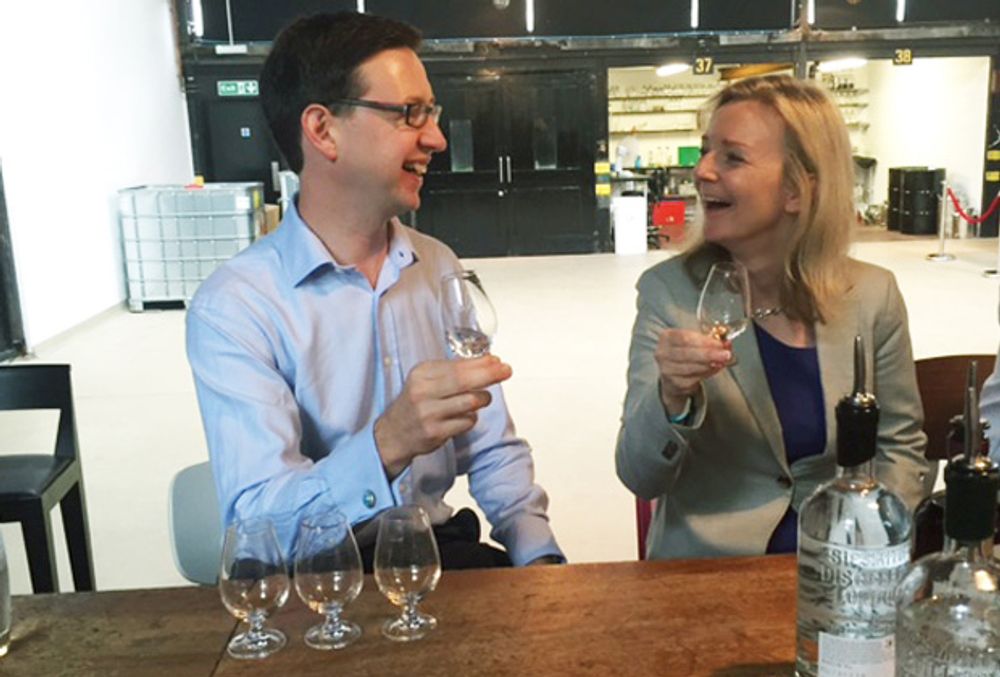
Miles Beale in a more conciliatory mood with Lizz Truzz, Secretary of State for International Trade
To help the industry be on top of all these issues the WSTA has been conducting its own review to see what strategies it needs to be following, said Beale. Its three main areas of concern need to be around ensuring the industry is “appropriately regulated & taxed, internationally focused and responsible”.
It will also be concentrating its membership base around three main areas “up and down the supply chain”: importers; domestic producers, increasinglySMEs; and members up and down the supply chain.
He was also prepared to turn the spotlight brightly into the eyes of the major wine companies that are still not members of the WSTA, clearly frustrated that even at a time when collective responsibility is so important, a number of leading names choose not to join
“I should be plain,” he said, “this is also directed at those UK wine and spirit businesses who are not members. We need your support and we want to offer you ours. We need your support and we want to offer you ours. That’s a trade deal I can deliver!”
The challenges and opportunities are there for the WSTA itself to tackle. “While events are disruptive, parliament and people divided and in the absence of credible leadership, the WSTA is doing more, more often with more partners,” he said.
Before concluding: “In short, it’s advice and support for today, leadership and influence for tomorrow.”
If that means putting civil servant diplomacy to one side in return for sharp, hard hitting action, and attacking the government for u-turns, false promises and bad policy making then so be it.
